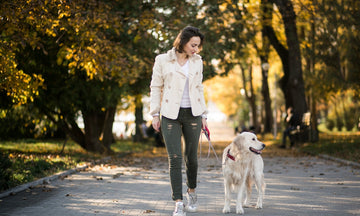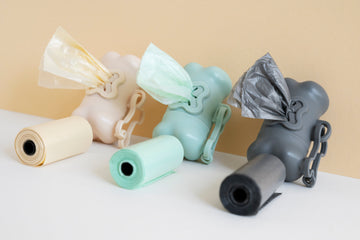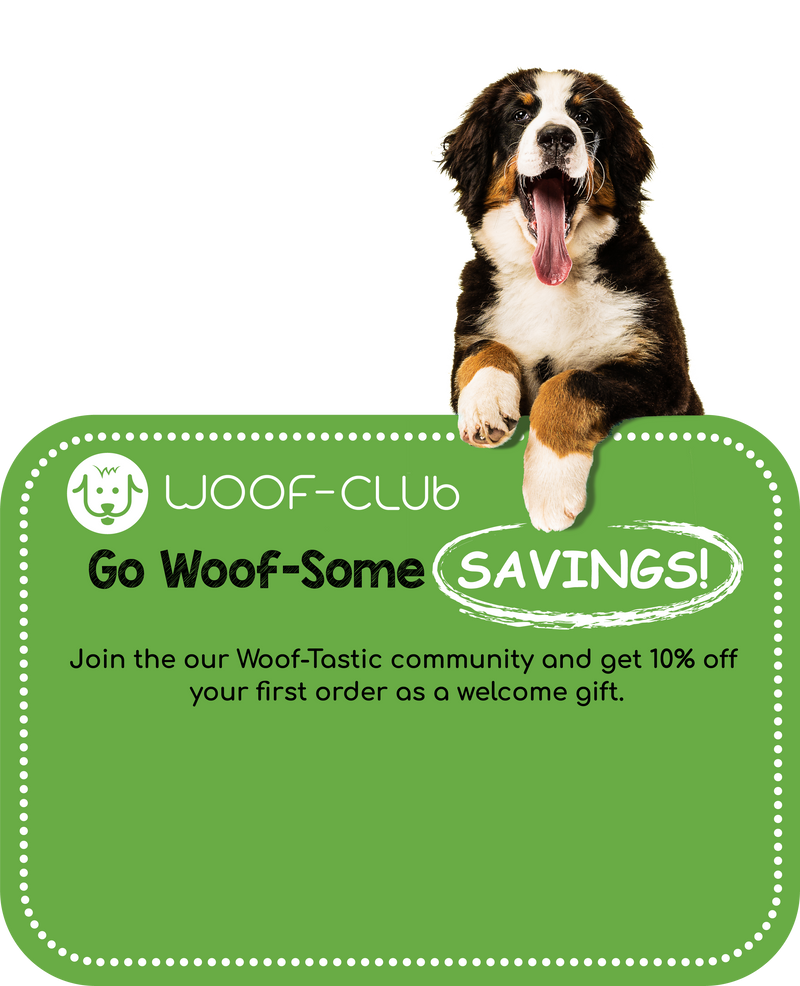When you responsibly toss your dog’s poop bag into the nearest bin, you feel accomplished as a considerate dog owner: you've kept the community clean and prevented anyone from stepping in your dog's waste. That should be enough, right? It once was. However, as dog owners, there's more we can do. The way we handle our dogs' waste has a significant environmental impact. The planet needs you to pick up your dog’s poop. There are many significant environmental issues surrounding by dog waste, particularly its adverse effects on water quality and public health. It underscores the presence of harmful bacteria and pathogens in dog feces, posing a risk of water contamination if not managed effectively. While methods like composting poop bags offer solutions, it's primarily the responsibility of pet owners to ensure proper waste disposal. Furthermore, collective community efforts are essential to implement sustainable solutions and combat the widespread problem of dog waste pollution. By promoting responsible pet ownership and fostering collaborative initiatives, we can strive for a cleaner and healthier environment for everyone.
What are compostable poop bags?
A significant advancement comes in the form of compostable dog poop bags. These bags, made from plant-derived materials, exhibit exceptional strength and durability, making them highly effective for collecting waste of varying sizes and shapes. However, what sets them apart precisely, and why are they considered a sustainable alternative? Compostable poop bags are crafted from organic materials like cornstarch, sugarcane, potato starch, or other biodegradable polymers. These materials are chosen for their ability to break down naturally into compost when subjected to the appropriate conditions, such as heat, moisture, and microbial activity. Unlike traditional plastic bags, compostable bags do not leave harmful residues and can be safely integrated into composting systems to create nutrient-rich soil amendments. You can utilize compostable bags to line your organic waste and food scraps, which can then be placed into the green-lidded food and garden organics (FOGO) bin. To qualify as compostable, these bags must adhere to Home Compost Standards, such as HOME COMPOST certification.


What are biodegradable poop bags?
To start with, let's clarify a common point of confusion. Biodegradable and compostable do not mean the same thing. All compostable items are biodegradable, but not all biodegradable products are compostable. A notable difference between the two is that biodegradable products break down into a few natural elements, while compostable products leave behind a single organic material. Biodegradable bags can indeed decompose in various environments such as landfills, soil, and water. However, the rate of biodegradation can vary widely depending on factors like temperature, moisture levels, and the presence of microbial activity. These bags may take different lengths of time to break down fully based on the specific conditions of the environment they're in. Biodegradable bags should only be used for and placed into your general waste bin.

What Is The Most Eco-Friendly Poop Bag At Present?
Compostable poop bags provide a more environmentally friendly option compared to conventional plastic bags, making them the preferred choice for pet owners committed to eco-conscious practices.

From Woofpanion Team .....
Every pet owner has the freedom to choose the products they use for their beloved pets, whether it's compostable, biodegradable, or post-consumer recycled bags. However, amidst these choices, the paramount consideration should always be the well-being of our furry companions and the preservation of our environment. It's crucial to prioritize the health and happiness of our pets while also being mindful of the impact our choices have on the planet. By taking care of our loved ones and adopting environmentally responsible practices, we can contribute to a healthier and more sustainable future for all of us.






